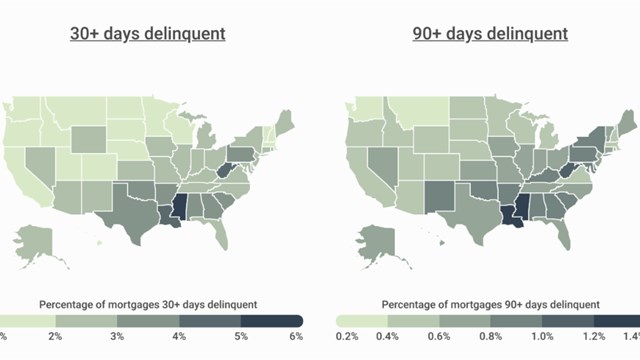In July 2017, New Jersey Governor Chris Christie signed into law P.L. 2017, Ch. 106 (S-2492/A-4091), known colloquially as ‘the Radburn Bill’ or simply ‘Radburn,’ the law made significant changes to the Planned Real Estate Development Full Disclosure Act’s procedures for board elections and voting participation rights. The legislation originated in direct response to complaints over a specific association - the Radburn Association in Fair Lawn - but it affects nearly all of the Garden State’s approximately 7,000 community associations.
The real-life Radburn Association was established in Fair Lawn in 1929. It contains 18 acres of internal parks, a shopping plaza, an elementary school, and other community components. For many years, pressure had been increasing from residents seeking to change what they felt was the association’s outdated and secretive process for electing its board of trustees. In contrast to the way elections are usually run in HOAs across the country, not every owner in the Radburn community was granted the right to either run for or vote for the board. This led to litigation, which in turn led to legislation to make the election/voting process more inclusive and transparent.
In short, the Radburn law mandates full transparency in community elections and decision-making. To that end, it spells out stringent requirements for elections to be held in a public, in-person forum. While that’s good policy in general, it poses some obvious - and serious - obstacles to multifamily communities trying to govern themselves in the age of COVID.
Practical Considerations
Scott Piekarsky is a partner with Hackensack-based law firm Phillips Nizer. “Radburn,” he says, “was decided some years ago, relative to democratic governance of community associations. It prompted legislation that required regulations from the Department of Community Affairs (DCA). Those regulations became effective May 18, 2020”...which of course just happened to fall in the middle of a once-in-a-century public health crisis. “These amendments are additions to the rules,” he says. “There’s a lot of regulations about board elections. The rules require secret ballots with a ballot box and public counting, and inspection by members for up to 90 days afterward.”
All well and good - but how do associations comply with these rules while facing a contagion that prohibits - or at best severely limits - public gatherings? In a word: virtually. Governor Murphy provided a change to the regulations to accommodate COVID realities, and HOAs across the state pivoted to online versions of many of the administrative functions they’d previously done face-to-face.
“We had to do this on Zoom,” says Piekarsky, referencing the online video conferencing platform that has become ubiquitous since the pandemic hit. “The ballots were cast anonymously, using a double envelope system, like many absentee ballots used in general elections,” Piekarsky continues. “That way, no one knows who voted for whom. The ballots were opened and counted on Zoom.” He adds that the governor’s change is in place for the duration of the pandemic, but is not expected to be made permanent.
“Another interesting consequence of this unexpected situation is that the regulations say the board and or management must notify residents who are not in good standing of their status at least 14 days before an election, otherwise they may not be eligible to vote,” Piekarsky adds. “But, under another New Jersey law, they are entitled to alternative dispute resolution (ADR) to resolve their problem before an election. This can cause problems with respect to the time frame before an election.” Piekarsky explains further that he has encountered this exact situation, and it can become a mad dash to the finish line, particularly with ongoing COVID fears and regulations slowing things down. The end result? More Zoom meetings. In the end, necessity is the mother of invention - or at least the mother of making the best of a seriously challenging situation.










Leave a Comment